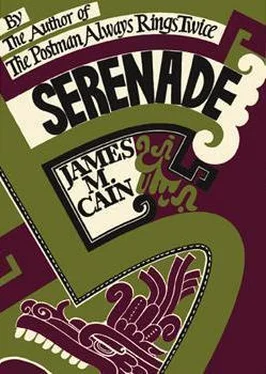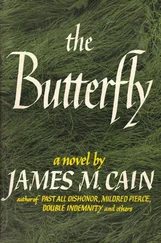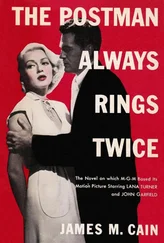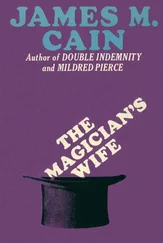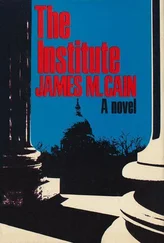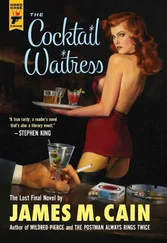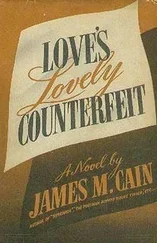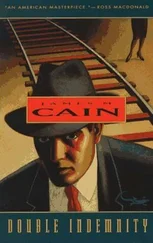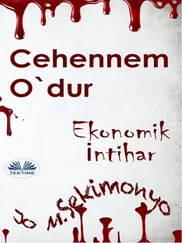“Oh, Arlésienne, hey? Listen: Cue me in. That’s all I ask. Just cue me in!”
You think that’s impossible, that a man can go on and sing stuff he never even saw? All right, once there was an old Aborn baritone that’s dead now, by the name of Harry Luckstone, brother of Isidore Luckstone, the singing teacher. He had a cousin named Henry Myers, that writes a little music now and then. Myers had written a song, and he was telling Luckstone about it, and Luckstone said fine, he’d sing it.
“I haven’t put it on paper yet—”
“All right, I’ll sing it.”
“Well, it goes like this—”
“God Almighty, does a man have to know a song to sing it? Get going on your goddam piano, and I’ll sing it!”
And he sang it. Nobody but another singer knows how good a singer really is. Sure, I sang his Arlésienne for him. I got a look at his score after Act III, and what he had done was put some words to the slow part, let the baritone sing them, then have baritone and chorus sing them under the fast part, in straight counterpoint. I didn’t even bother to look what the words were. I bellowed “Auprès de ma blonde, qu’il fait bon, fait bon,” and let it go at that. One place I shot past a repeat. The dancers were all frozen on one foot, ready to do the routine again, and there was I, camped on an E that didn’t even belong there. He looked up, and I caught his eye, and hung on to it, and marched all around with it, while he spoke to his men and wigwagged to his ballerina. Then he looked up again, and I cut, and yelled, “Ha, ha, ha.” He brought his stick down, the show was together again, and I began flapping the cape at the dancers. In the Toreador Song, on the long “Ah” that leads into the chorus, I broke out the cape and made a couple of passes at the bull. Not too much, you understand. A prop can kill a number. But enough that I got that swirl of crimson and yellow into it. It stopped the show, and he let me repeat the second verse.
Some time during the night I had been given a dressing room, and after the last bow I went there. My clothes were there, piled on the table, and Sabini’s trunk. Instead of taking off the makeup first, I started with the costume, so he could get away, if he was still around. I had just stripped down to my underwear when the manager came in, to pay me off. He counted out fifty bucks, in fives. While he was doing it the process server came in. He had a summons to appear in court and a writ to attach costumes. It took all the manager and I could do to convince him I wasn’t Alessandro Sabini, but after a few minutes he went. I was scared to death he would see the “A. S.” on that trunk, and serve the writ anyhow, but he didn’t think of that. The conductor came in and thanked me. ‘You gave a fine performance, and I’d like you to know it was a pleasure to have somebody up there that could troupe a little.”
“Thanks. I’m sorry about that bobble.”
“That’s what I’m talking about. When you gave me the chance to pull it out of the soup, that was what I call trouping. Anybody can make a mistake, especially when they’re shoved out there the way you were, without even a rehearsal. But when you use your head — well, my hat’s off to you, that’s all.”
“They be pleasant words. Thanks again.”
“I don’t think they even noticed it. Did they, Morris?”
“Notice it? Christ, they give it a hand.”
I sat on the trunk, and we lit up, and they began telling me what the production cost, what the hook-up was, and some more things I wanted to know. Up to then I didn’t even know their names. The conductor was Albert Hudson, who you’ve probably heard of by now, and if you haven’t you soon will. The manager was Morris Lahr, who you’ve never heard of, and never will. He runs a concert series in the winter, and manages a couple of singers, and now and then he puts on an opera. There’s one like him in every city, and if you ask me they do more for music than the guys that get their name in the papers.
We were fanning along, me in my underwear with my make-up still on, when the door opens and in pops Stoessel, the agent I had been talking to not a week before. He had a little guy with him, around fifty, and they stood looking at me like I was some ape in a cage, and then Stoessel nodded. “Mr. Ziskin, I believe you’re right. He’s the type. He’s the type you been looking for. And he sings good as Eddy.”
“I need a big man, Herman. A real Beery type.”
“He’s better looking than Beery. And younger. A hell of a sight younger.”
“But he’s rugged. You know what I mean? Tough. But in the picture, he’s got a heart like all outdoors, and that’s where the singing comes in. A accent I don’t mind, because why? He’s got a heart like all outdoors, and a accent helps it.”
“I know exactly what you mean, Mr. Ziskin.”
“O.K., then, Herman. You handle it. Three fifty while he’s learning English, and then after the script is ready and we start to shoot, five. Six weeks’ guarantee, at five hundred.”
Stoessel turned to Hudson and Lahr. “I guess Mr. Ziskin don’t need any introduction around here. He’s interested in this man for a picture. Tell him that much, will you? Then we give him the rest of it.”
Lahr didn’t act like he was any too fond of Mr. Ziskin, or Stoessel either, for that matter. “Why don’t you tell him yourself?”
“He speak English?”
“He did a minute ago.”
“Sure, I speak English. Shoot.”
“Well, say, that makes it easy. O.K., then, you heard what Mr. Ziskin said. Get your make-up off, put on your clothes, and we’ll go out and talk.”
“We can talk right now.”
I was afraid to take my make-up off, for fear he would know me. They still thought I was Sabini, I could see that, because there hadn’t been any announcement about me, and I was afraid if he placed me there wouldn’t be any three fifty or even one fifty. I was down, that day, and he knew it. “All right, then, we’ll talk right now. You heard Mr. Ziskin’s proposition. What do you say?”
“I say go climb a tree.”
“Say, that’s no way to talk to Mr. Ziskin.”
“What the hell do you think a singer works for? Fun?”
“I know what they work for. I handle singers.”
“I don’t know whether you handle singers. Maybe you handle bums. If Mr. Ziskin has got something to say, let him say it. But don’t waste my time talking about three hundred and fifty dollars a week. If it was a day, that would be more like it.”
“Don’t be silly.”
“I’m not being silly. I’m booked straight through to the first of the year, and if I’m going to get out of those contracts it’s going to cost me dough. If you want to pay dough, talk. If not, just let’s stop where we are.”
“What’s your idea of dough?”
“I’ve told you. But I’ve been wanting to break into pictures, and to get the chance, I’ll split the difference with you. I’ll do a little better than that. A thousand a week, and it’s a deal. But that’s rock bottom. I can’t cut it, and I can’t shade it.”
We had it hot for a half hour, but I stuck and they came around. I wanted it in writing, so Stoessel took out a notebook and pen and wrote a memo of agreement, about five lines. I got a buck out of my pants and made him a receipt for that, first of all. That bound them. But when we got that far I had to tell my name. I hated to say John Howard Sharp, but I had to. He didn’t say anything. He tore out the leaf, waved it in the air, handed it to Ziskin to sign. “John Howard Sharp — sure, I’ve heard of him. Somebody was telling about him just the other day.”
They went, and a boy came in for Sabini’s trunk, and Lahr went out and came back with a bottle and glasses. “Guy has broke into pictures, we got to have a drink on that... Where did you say you were booked?”
Читать дальше
